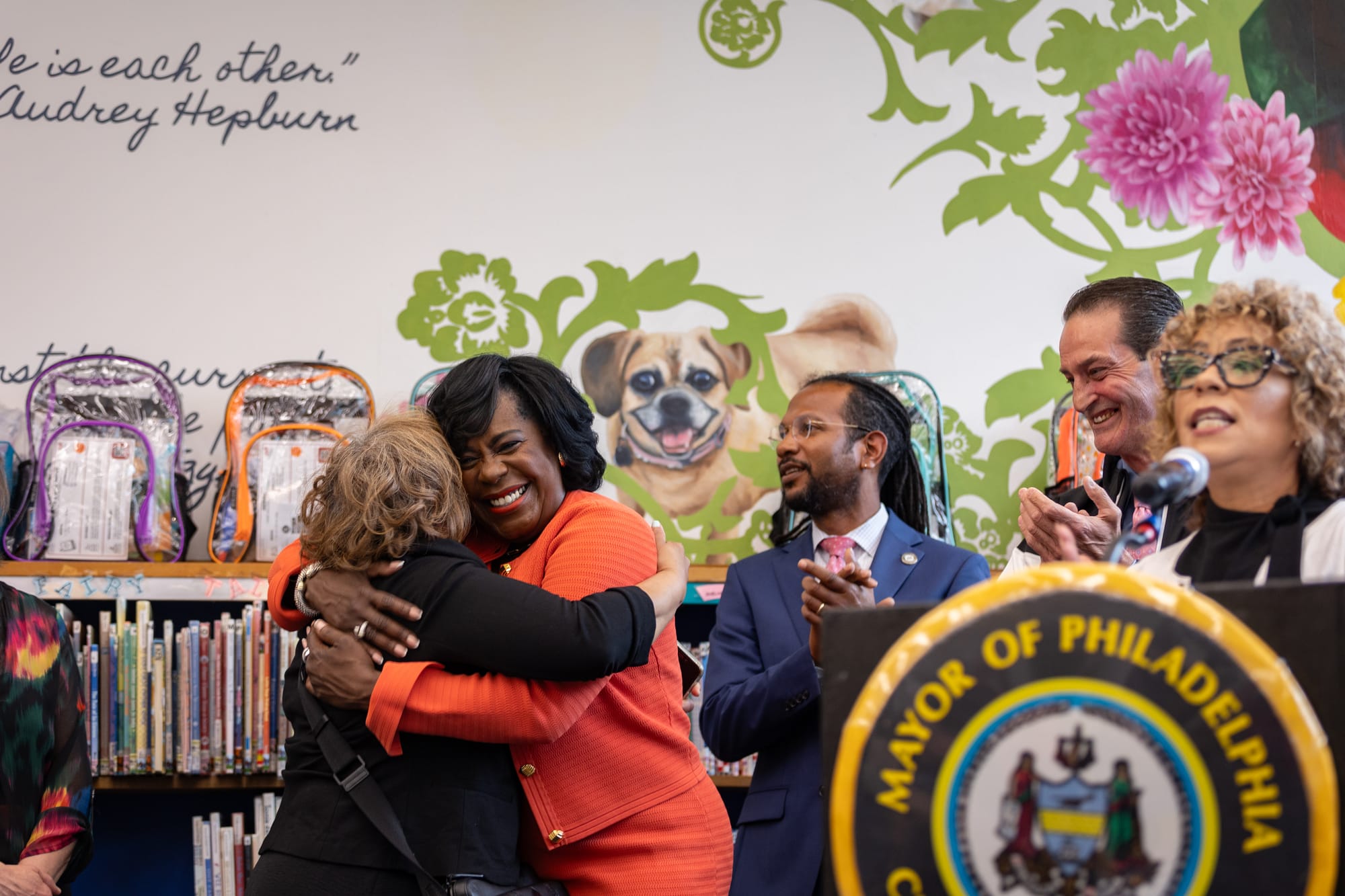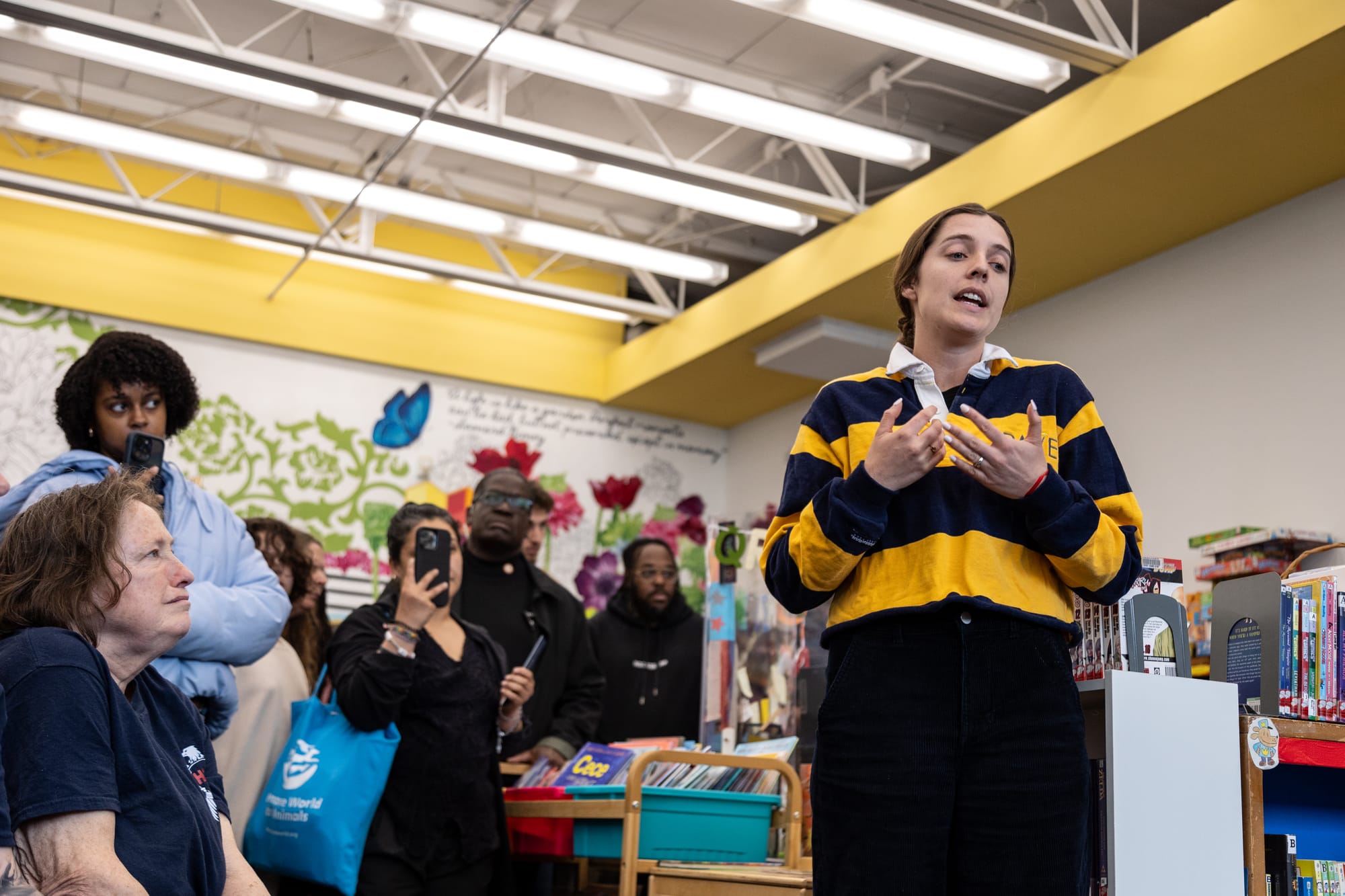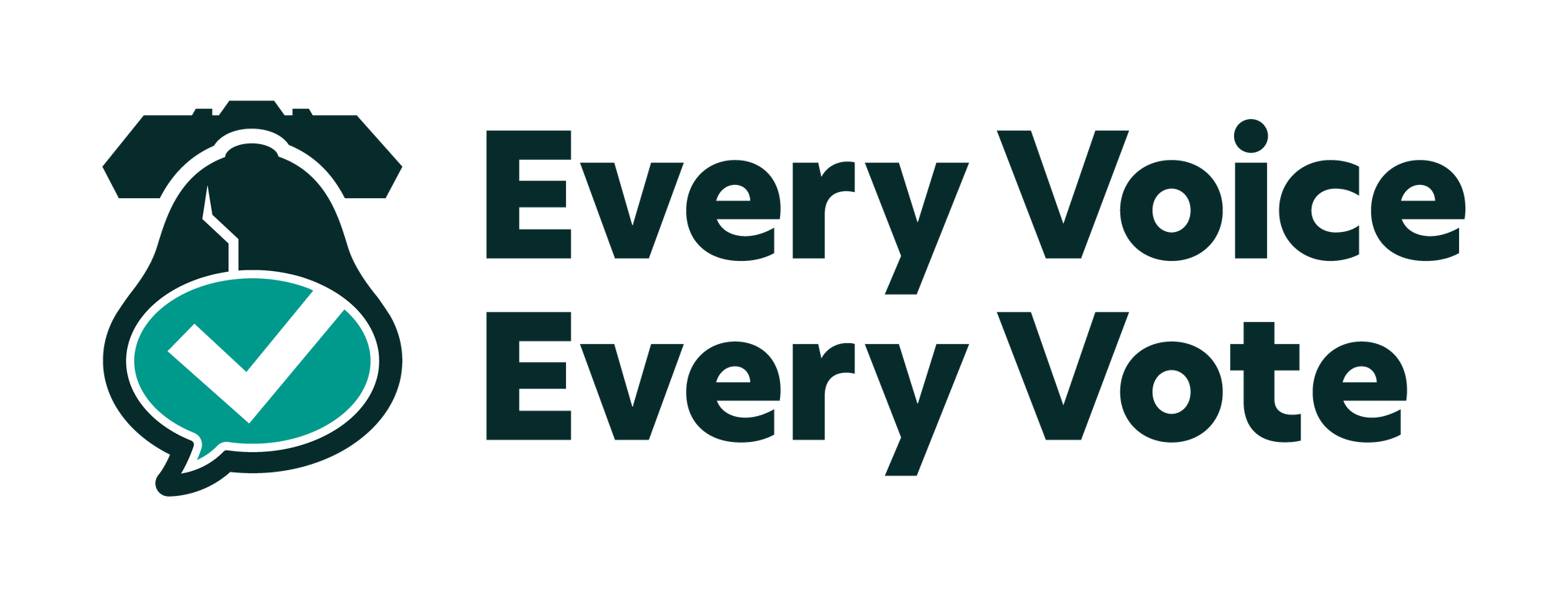Philly school closure plan would move Kensington students to lower-performing schools
Concerns grow that Philadelphia’s school closure plan disadvantages some already vulnerable neighborhoods.
The bill imposes strict permitting, time, and location limits on medical providers offering wound care and addiction treatment as well as any organization offering basic necessities like food, water, and clothes.

Philadelphia Mayor Cherelle Parker signed Councilmember Quetcy Lozada’s bill that bans mobile service units from most of the 7th District at the Kensington Free Library on Wednesday. The legislation will take effect on July 27.
The bill imposes strict permitting, time, and location limits on medical providers offering wound care and addiction treatment as well as any organization offering basic necessities like food, water, and clothes in the district, which includes parts of Kensington.
According to the legislation, mobile medical service providers can apply for permits to operate in a city-designated location or between 11 p.m. and 6 a.m. on a two-block stretch of Allegheny Avenue. Emergency medical responders, pediatric providers, and veterinary services are exempt. Violators will be fined up to $1,000.
Chief Public Safety Director Adam Geer said mobile services will be permitted to operate outside the Kensington Wellness Center, formerly the Police Assisted Diversion (PAD) center. He said there will be medication-assisted treatment (MAT), wound care, showers, a housing specialist, legal counsel, and services provided by Temple University Hospital, Merakey, and Kensington Hospital.
“It is going to be an access point. And most importantly ... we're also going to be restoring the norms to the community,” Geer said.
Parker said the Department of Licenses and Inspections will establish the permitting process, and Geer added that other city departments including the Philadelphia Police Department, will work on enforcement procedures.
The move has been met with both praise and serious criticism. Harrowgate and Somerset community members have advocated for change around how mobile service providers operate in the neighborhood for years, with some residents saying they negatively impact quality of life by leaving trash and attracting large groups of people. But public health and harm reduction advocates, as well as other Kensington residents, say the bill will severely limit access to life-saving care and resources to those living unhoused and with substance use disorder.

At the signing, Parker insisted the bill isn’t taking away vital services. She applauded Lozada’s efforts and recognized the Harrowgate Civic Association for publicly supporting the legislation.
“It's not easy to stand up when misinformation campaigns are intentionally being promulgated ... but you know what your intent is, you know what you're feeling, what you're thinking, and what you desire for the community that you live in,” Parker said.
Lozada thanked the Harrowgate community and said the bill is a perfect example of city government “hearing you and working for you.”
Harrowgate resident Sonja Bingham echoed the sentiment. She said it was the first time she felt the government put “wind” behind what the historically neglected neighborhood was asking for.
“I want to thank you for listening to the residents. It's been a long time comin’,” Bingham said.
Parker was surrounded by supporters as she signed the bill into law, including council members Lozada, Jim Harrity, and Nina Ahmad. Also in attendance were Conwell Principal Erica Green, Elkin Principal Charlotte Gillum, and Palak Raval-Nelson, the health commissioner for the Philadelphia Department of Public Health, among others.
Still, with pen in hand, Parker was interrupted by an audience member.
“This bill is taking away services from the city’s most vulnerable,” they said from across the room.

Earlier, while Lozada spoke, the same person, who requested anonymity, had interrupted and said, “People are going to die because of this bill.”
Parker stood her ground.
“I want everyone to leave here knowing that in no way, shape or form is the city of Philadelphia not trying to treat people with the care, dignity, compassion, and empathy that they deserve,” she said. “We are not taking away anything from anyone.”
Green said the city has to fight for the children who live in Kensington, and this bill is one move in that direction.
“We are stepping towards a new future,” Green said.
Have any questions, comments, or concerns about this story? Send an email to editors@kensingtonvoice.com.

Free accountability journalism, community news, & local resources delivered weekly to your inbox.